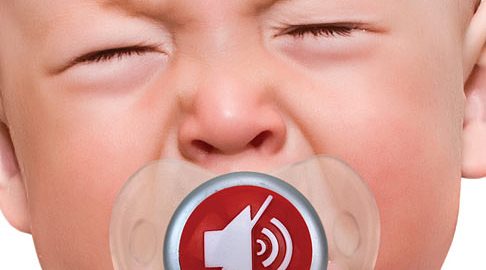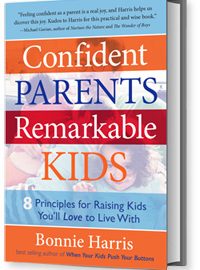
When we engage in power struggles with our children, it means we are invested in being right. When we must be right—”I’m the parent, I know best. You must do what I say”—the child is wrong and is left feeling powerless. The child then must fight back to preserve integrity; either that or the easy-going child submits again and again learning in the process to seek the approval of others to gauge her self-worth.
Engaging in a power struggle keeps the parent in the position of having to be right.
Backing down from the fight may feel too vulnerable for many parents. The parent expect the child to back down, to give up, to acknowledge being wrong — in other words, the parent expects the child to be the grown-up first.
Parents often feel at a loss when they don’t know what to do, when what’s “right” is not apparent. It feels weak and scary. But this place of doubt, the space where you just don’t know, where vulnerability lives, is a place of opportunity — one never found when
















